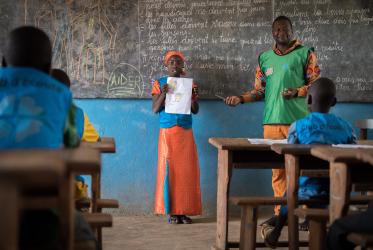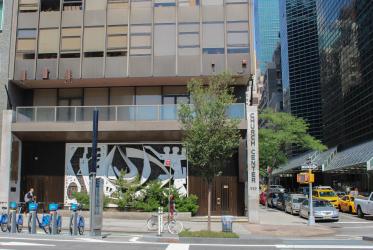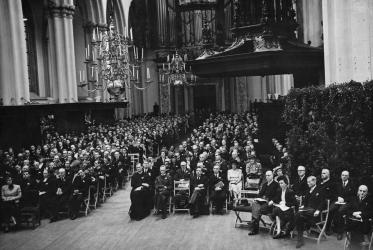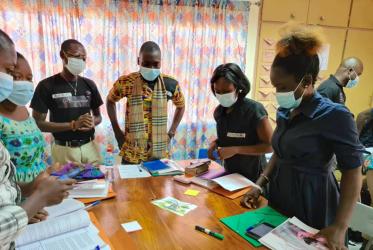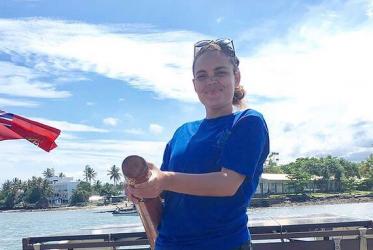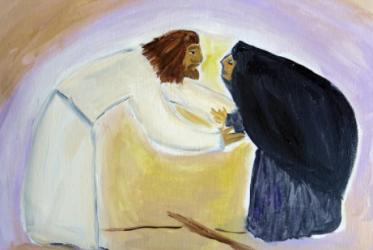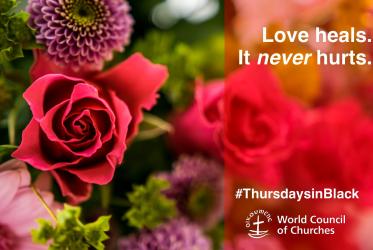Displaying 1 - 20 of 43
In New York City, the spirit of Thursdays in Black is thriving
06 October 2022
WCC worship songwriting competition announces winners
23 August 2022
Lighting the lives of many
28 June 2022
"Out of the Shadows" toolkit now available in French and Spanish
20 January 2022
Podcast reflects on risks of child trafficking in Malawi
22 September 2021
In Pacific islands, inequity casts deep shadow on digital space
10 September 2021
The Mount of Olives - Walking in the Footsteps of Jesus
30 March 2021
